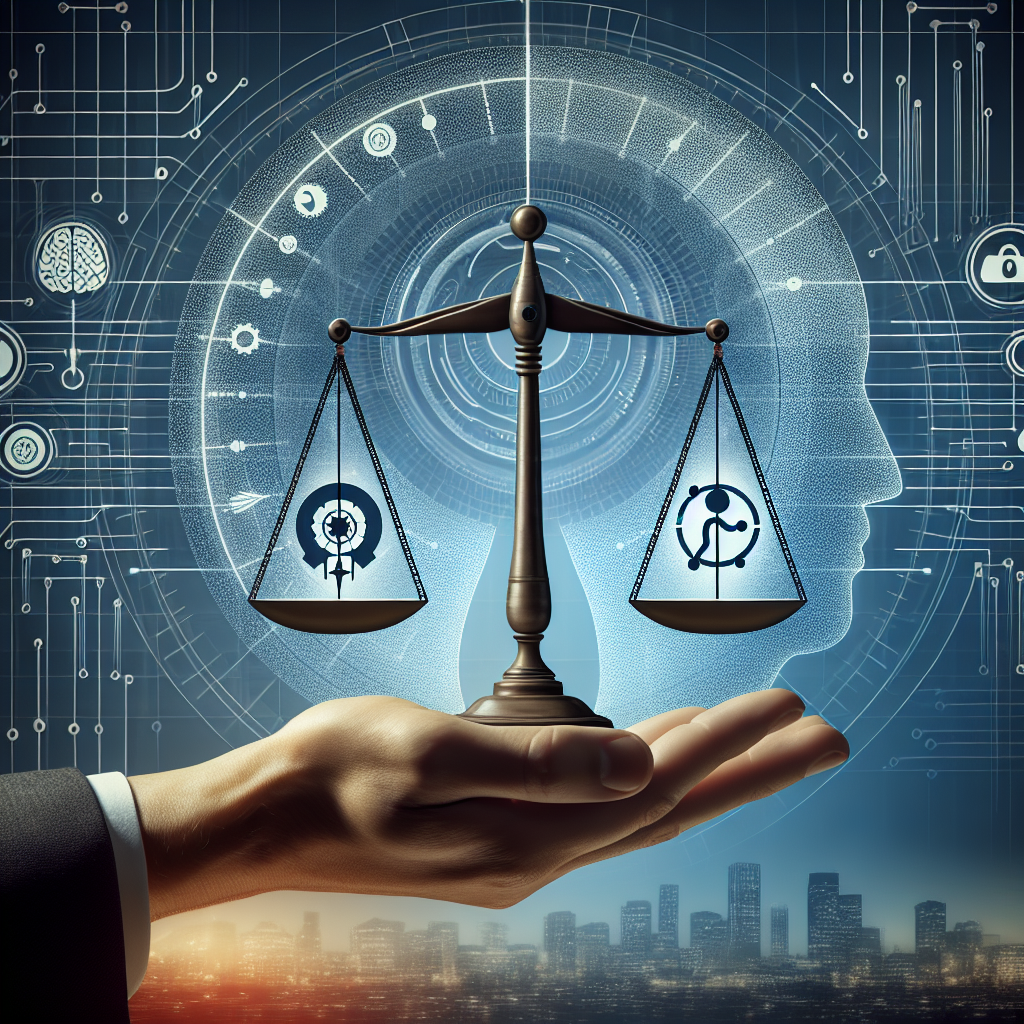The Ethics of AGI: Navigating the Moral Implications
Artificial General Intelligence (AGI) refers to machines that have the ability to perform any intellectual task that a human can do. It is a concept that has long been the subject of science fiction, but recent advancements in technology have brought us closer to the reality of creating AGI. As we move closer to the development of AGI, it becomes increasingly important to consider the ethical implications of this technology.
The potential benefits of AGI are vast. It has the potential to revolutionize industries such as healthcare, transportation, and finance. AGI could help us solve some of the world’s most pressing problems, from climate change to poverty. However, along with these benefits come significant ethical challenges. How do we ensure that AGI is used for the greater good, rather than for harmful purposes? How do we ensure that AGI is developed and deployed in a way that respects human rights and dignity?
One of the key ethical considerations surrounding AGI is the issue of control. As machines become more intelligent and capable, there is a concern that they may surpass human intelligence and autonomy. This raises questions about who should have control over AGI systems and how that control should be exercised. Should AGI be governed by a set of ethical principles, and if so, who should be responsible for enforcing these principles?
Another ethical consideration is the impact of AGI on the job market. As machines become more intelligent, there is a concern that they may replace human workers in many industries. This raises questions about how we can ensure that the benefits of AGI are distributed equitably, and how we can support workers who may be displaced by this technology.
There are also concerns about the potential for AGI to be used for malicious purposes. For example, AGI could be used to create autonomous weapons systems that could cause harm to civilians. This raises questions about how we can ensure that AGI is used in a way that is consistent with international humanitarian law and human rights standards.
In order to navigate the ethical implications of AGI, it is important to engage in a robust dialogue about these issues. This dialogue should involve a wide range of stakeholders, including policymakers, technologists, ethicists, and members of the public. By engaging in this dialogue, we can develop a set of ethical principles that can guide the development and deployment of AGI in a way that is consistent with our values and principles.
FAQs
Q: What are some of the potential benefits of AGI?
A: AGI has the potential to revolutionize industries such as healthcare, transportation, and finance. It could help us solve some of the world’s most pressing problems, from climate change to poverty.
Q: What are some of the ethical challenges surrounding AGI?
A: Some of the key ethical challenges surrounding AGI include issues of control, job displacement, and the potential for AGI to be used for malicious purposes.
Q: How can we ensure that AGI is used for the greater good?
A: One way to ensure that AGI is used for the greater good is to develop a set of ethical principles that can guide the development and deployment of this technology. This should involve a wide range of stakeholders, including policymakers, technologists, ethicists, and members of the public.
Q: What are some of the concerns about the impact of AGI on the job market?
A: There is a concern that AGI could replace human workers in many industries, leading to job displacement. It is important to develop policies and programs that can support workers who may be affected by this technology.
Q: How can we ensure that AGI is used in a way that is consistent with international humanitarian law and human rights standards?
A: One way to ensure that AGI is used in a way that is consistent with international humanitarian law and human rights standards is to develop a set of ethical principles that can guide the development and deployment of this technology. This should involve a wide range of stakeholders, including policymakers, technologists, ethicists, and members of the public.

